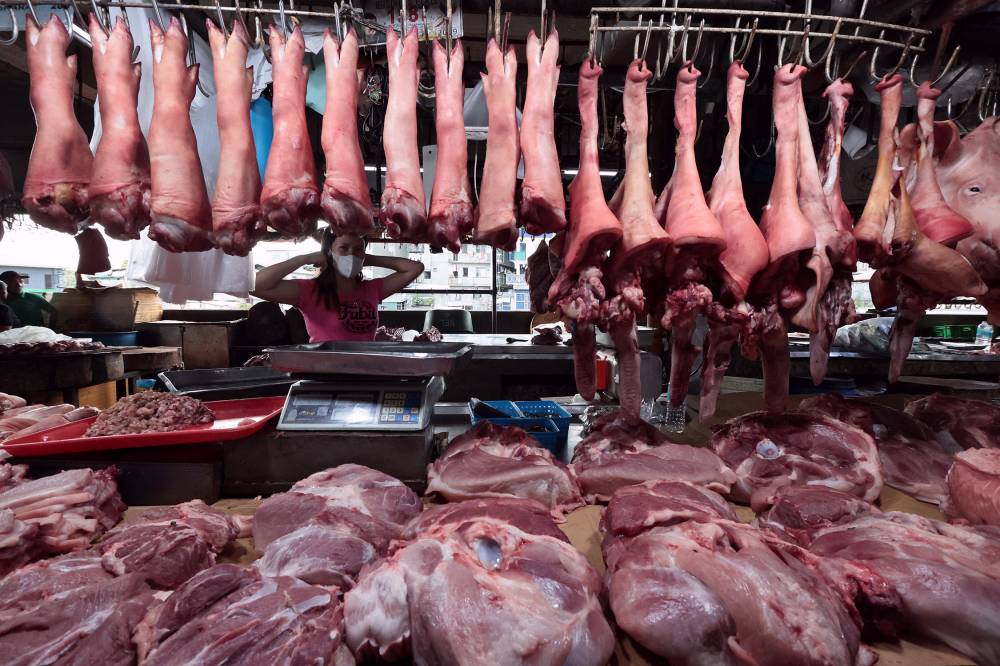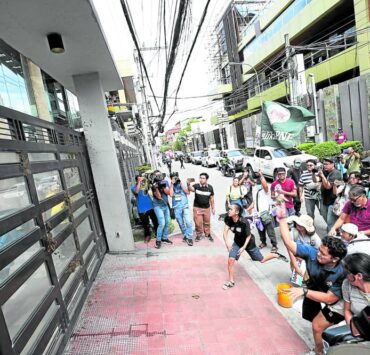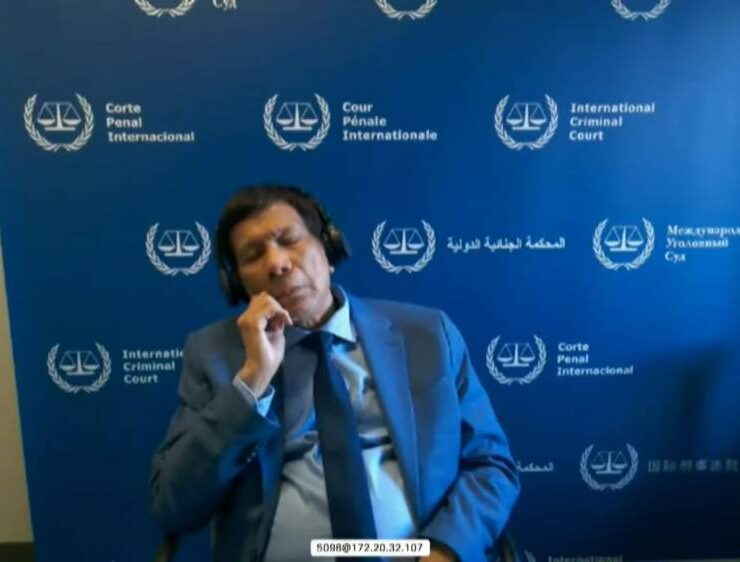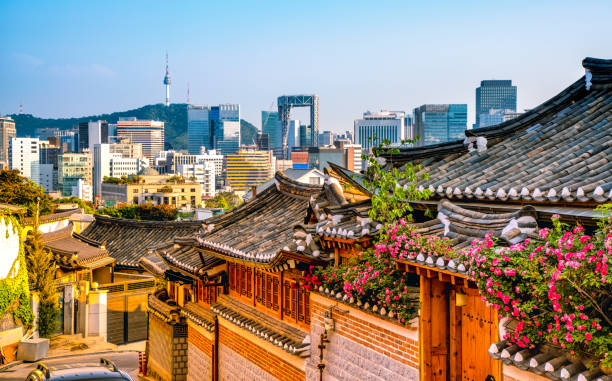House bloc warns gov’t pricing system still allows pork

Lawmakers of the Makabayan bloc on Friday urged President Marcos to abolish the pork barrel system, saying his latest directive to adopt the new market-based pricing system that he first imposed on the Department of Public Works and Highways (DPWH) would not be enough to curb corruption in government infrastructure projects.
In a joint statement, ACT Teachers Rep. Antonio Tinio, Gabriela Rep. Sarah Elago and Kabataan Rep. Renee Co said pricing reforms would be meaningless if the allocation system that allows politicians to nominate projects in their districts and rig procurement in exchange for kickbacks remained intact.
“Contractors will simply adjust their operations, and corruption will continue through ghost projects, substandard materials, or inflated quantities,” they said. (See related story on page A7.)
They noted that Mr. Marcos’ directive does not address ongoing flood control investigations that could end up without any official being prosecuted.
“[Pricing] reform is meaningless if those who profited from overpricing remain unpunished and free to continue their schemes,” they said.
“Will the President also address who gets to nominate these projects? Will he end the practice of politicians controlling infrastructure funds? Will he dismantle the allocation system that enables corruption in the first place? If not, then this is just a PR stunt—nice to hear, but without real substance,” they added.
Influence of local pols
The lawmakers were referring to a long-standing DPWH practice of setting aside allocable funds for district engineering offices.
Supposedly, the funds are based on a formula designed to ensure their equitable distribution across district offices.
Both Makabayan lawmakers and civil society groups have flagged this system as a “breeding ground for insertions,” in which politicians nominate projects in their districts, influence contractor selection, and often receive kickbacks set at 20-30 percent of project costs.
They said such system enabled the majority of the anomalous infrastructure projects now being investigated by the Marcos administration, following revelations of a massive kickback scheme involving DPWH officials, contractors and politicians.
Last Wednesday, the President ordered government agencies with infrastructure components—including the Department of Education, Department of Agriculture, Department of the Interior and Local Government, Department of Health, Department of Transportation, and the National Irrigation Administration—to follow in the footsteps of the DPWH and cut their construction material costs by 50 percent.
“So let me be clear. The quality of what we build will not be compromised. The only thing weakened will be corruption,” the President said in a speech before his departure to South Korea to attend the Asia-Pacific Economic Cooperation meetings.
“This is the accountability that our citizens deserve. It will not be limited to the public works, but we shall be the norm across all of government,” he added.
‘Billionaire capture’
The Makabayan legislators said that while they welcomed this move to reduce inflated costs, “pricing reforms alone will not eliminate corruption. The root cause remains the pork barrel system that allows legislators and the executive to control, nominate, and profit from infrastructure projects.”
Ibon Foundation executive director Sonny Africa said earlier Mr. Marcos was still being “complicit in making the pork flow.”
“The President feigns surprise at the extent of corruption in his administration. Since taking office, he has overseen the rotten budget process that doles out trillions of pesos in pork to presidential allies to keep their support as well as to not-so-allies to moderate their opposition. He can do this because of his overwhelming control of the annual national budget,” Africa said in a commentary published by IBON in September.
He added that the Marcos administration’s anticorruption campaign ignores “so many other vectors of massive corruption and the abuse of public resources, authority and power for personal gain.”
Aside from pork-ridden infrastructure projects like roads, bridges and buildings, Africa cited billions of pesos in confidential and intelligence funds, “tax cheats” among the wealthy and businesses, and “billionaire regulatory capture” of utilities and public services as avenues for corruption.
“Enduring reforms require pressure from outside government—and the most effective measure is a mass movement constantly demanding accountability and forcing a government that feeds off plunder to finally answer to the people,” he said.





















